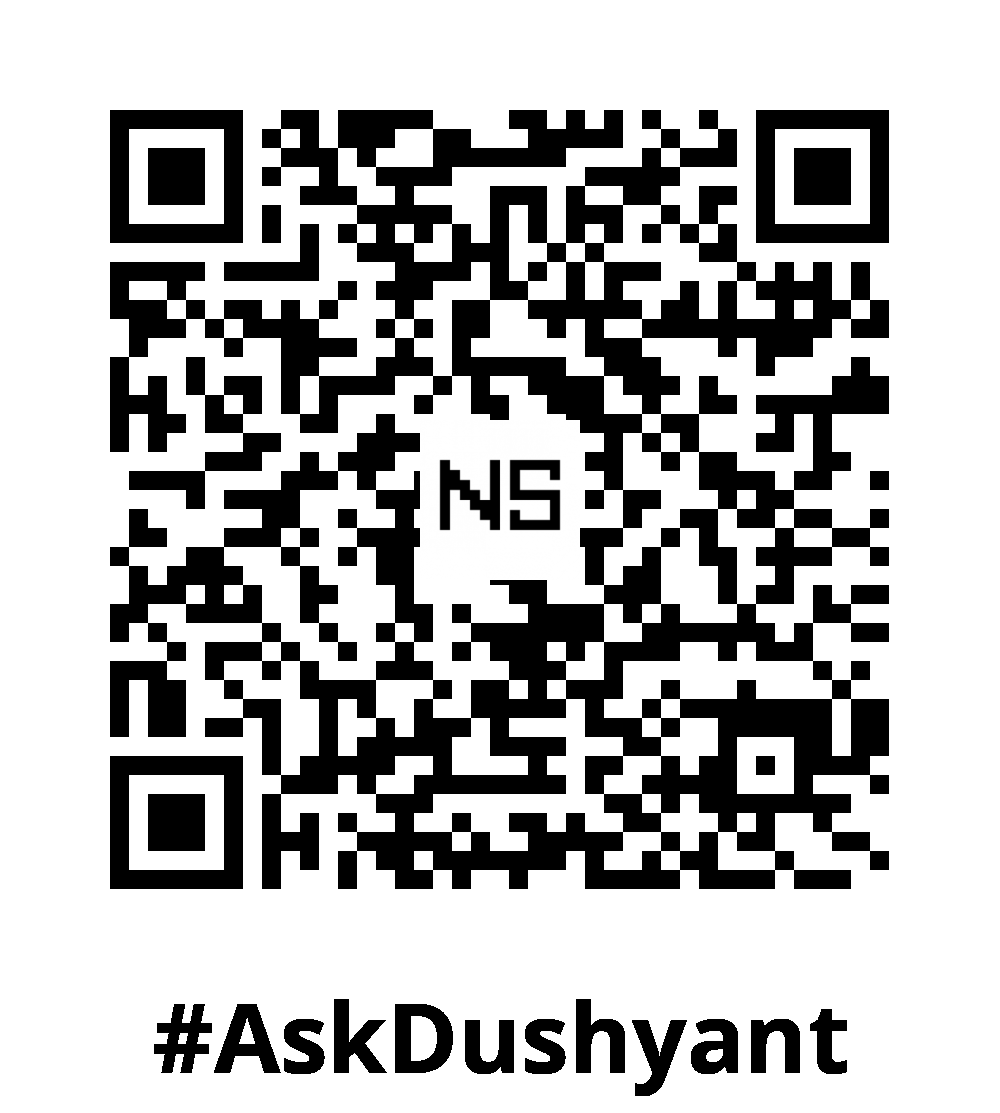In our journey through life, the decisions we make have a profound impact on our personal and professional growth. The ability to navigate through challenges, resolve conflicts, and make informed choices is crucial for a fulfilling and successful life. I have personally discovered the transformative power of this toolkit – knowing, thinking, speaking, and acting – in making better decisions. Embrace these principles and unlock the potential to navigate life’s complexities with clarity and confidence.
Know: Acquiring Knowledge and Understanding:
The first step in making sound decisions is acquiring knowledge and understanding the situation at hand. It involves thorough research, seeking advice from trusted sources, and gaining insights into the various aspects of the decision. By knowing the facts, we equip ourselves with the necessary information to make informed choices, enabling us to assess risks, consider alternatives, and anticipate potential outcomes.
Think: Reflect and Analyze:
Once we have gathered the relevant information, it is essential to engage in critical thinking and analysis. This involves evaluating the pros and cons, examining potential consequences, and considering the long-term implications of our decisions. Taking the time to reflect allows us to weigh different perspectives, challenge assumptions, and identify any biases that may cloud our judgment. By thinking deeply about the situation, we can make well-informed decisions that align with our values and goals.
Speak: Effective Communication and Conflict Resolution:
Clear and open communication plays a pivotal role in decision-making and maintaining healthy relationships. Effective speaking involves expressing concerns, sharing thoughts and ideas, and engaging in empathetic dialogue. When faced with a dispute with a friend over money, effective communication becomes even more crucial. By actively listening and expressing ourselves respectfully, we create a conducive environment for open discussion and resolution.
Act: Taking Decisive Action:
While knowledge, thinking, and speaking are vital, ultimately, it is our actions that shape the outcome. Once we have gathered information, analyzed the situation, and communicated effectively, we must take decisive action. In the case of resolving a dispute over money with a friend, it may involve discussing payment plans, seeking mediation if necessary, or finding a compromise that respects both parties’ needs. By taking proactive steps, we can move towards resolving the issue and restoring trust in the friendship.
Example: Resolving a Dispute with a Friend over Money:
To illustrate the practical application of the know, think, speak, act principles, let’s consider a scenario where you have a disagreement with a close friend regarding a financial matter. Instead of letting emotions and misunderstandings escalate the situation, you decide to approach it with a clear and methodical approach.
- Know: You gather all the relevant information about the dispute, including transaction records, receipts, and any agreements made. This knowledge helps you understand the facts and provides a solid foundation for resolving the issue.
- Think: You take the time to reflect on the situation and analyze it from both perspectives. You consider the potential consequences and explore possible solutions that could address both your friend’s concerns and your own.
- Speak: You initiate a calm and respectful conversation with your friend, allowing each other to express your viewpoints and concerns. Through active listening and effective communication, you aim to find common ground and work towards a mutually beneficial resolution.
- Act: Building upon the understanding gained from your discussion, you propose a solution that takes into account both parties’ needs. This might involve creating a repayment plan, seeking professional mediation, or finding a compromise that satisfies both of you.
My Corporate Advice: The power of knowing, thinking, speaking, and acting cannot be underestimated in the realm of decision-making.
"In any moment of decision, the best thing you can do is the right thing, the next best thing is the wrong thing, and the worst thing you can do is nothing." - Theodore RooseveltWhen we embrace these principles individually, we equip ourselves with a powerful yet simple tool to navigate through life’s challenges, resolve conflicts, and make sound choices that align with our values and goals.
#AskDushyant


Leave a Reply